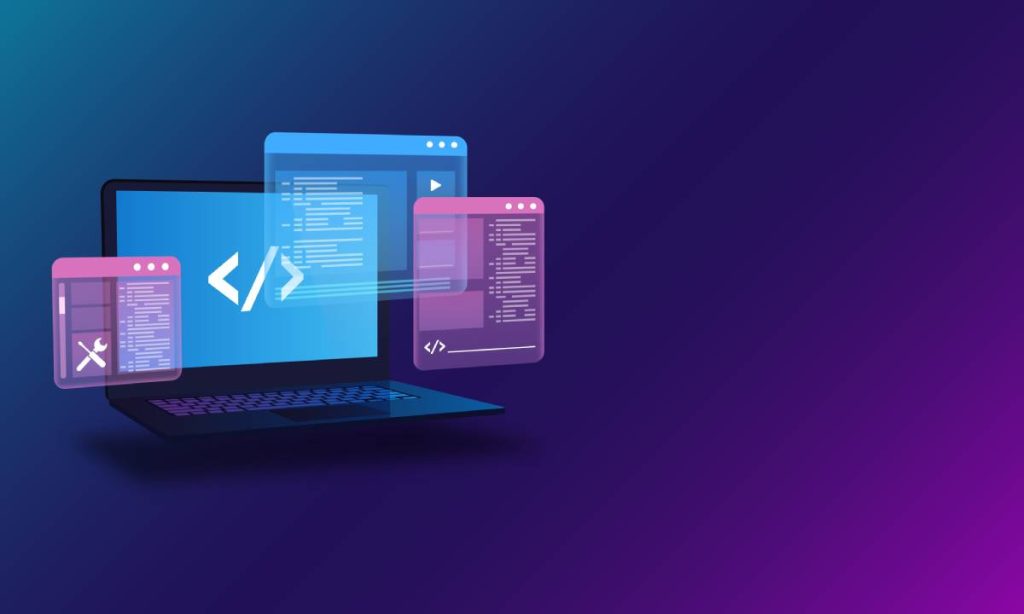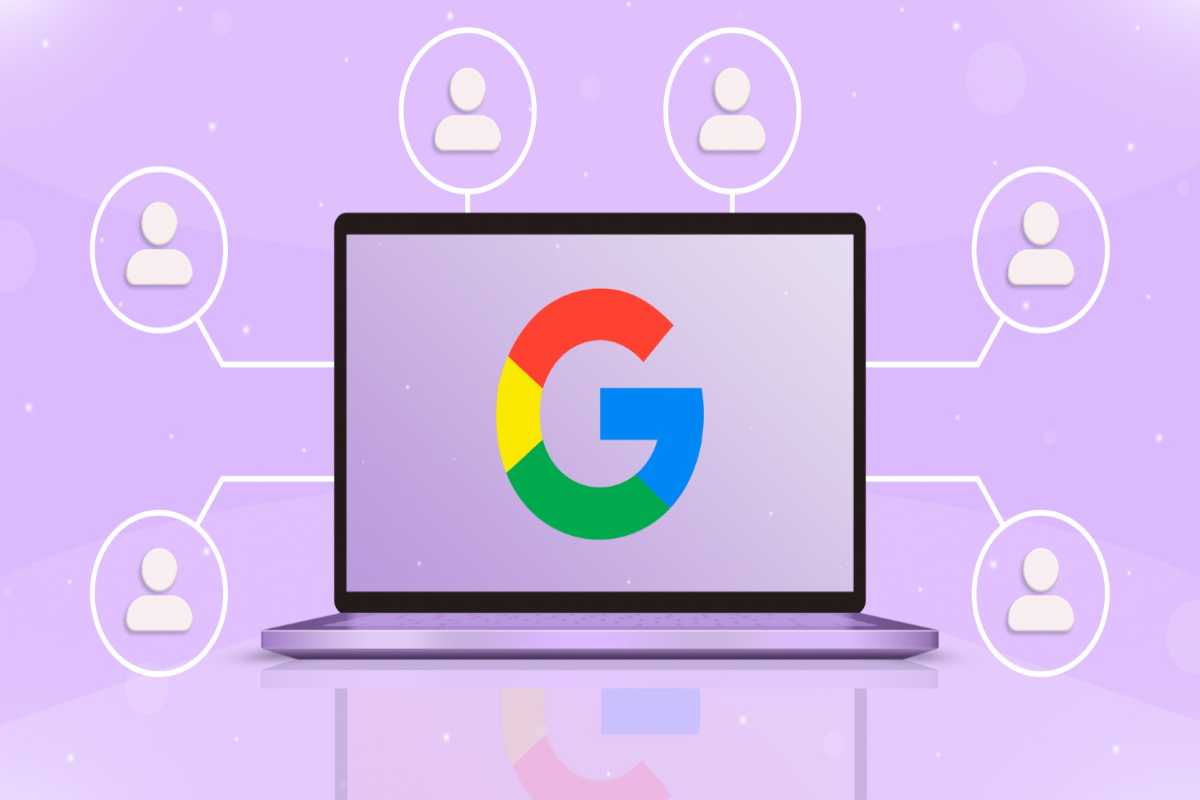Define the Purpose and Goals of the Website
Before diving into Website Development, clearly define the purpose of your site. Is it for selling products, generating leads, offering information, or enhancing your brand presence? These goals will shape the structure, content, and features of your site. Every decision you make throughout the Website Development process should align with your overall business objectives to ensure consistent messaging and measurable outcomes.
Identify Your Target Audience
Understanding your audience is crucial for creating a successful online experience. Age, interests, behaviors, and pain points all influence design and functionality. During the Website Development planning stage, define user personas to guide decisions related to layout, content tone, navigation, and user journey. The more precisely you define your target users, the more effective your Website Development strategy will be in delivering value.
Create a Comprehensive Site Structure
A logical, easy-to-navigate structure is key to user engagement and SEO. Start by mapping out your pages with a sitemap—include homepage, services, about, blog, and contact sections. Consider how users will flow from one page to another. Organize content in categories that make sense. During Website Development, having a clear sitemap ensures smoother coding and content alignment. A well-organized layout enhances both user experience and search visibility.
Set a Realistic Timeline and Budget
One of the biggest mistakes in Website Development projects is underestimating the time and cost involved. Break your project into phases—planning, design, development, testing, and launch—and assign time estimates to each. Create a budget that includes design, content creation, hosting, plugins, and possible maintenance. Setting clear expectations early prevents delays and surprises later in the Website Development process.
Choose the Right Tools and Technologies
Selecting the right CMS, frameworks, and integrations is essential for long-term scalability. WordPress, Webflow, Shopify, or custom development? Each option has pros and cons depending on your needs. Think about functionality, ease of use, scalability, and future integrations. Choosing the wrong tech stack during Website Development can limit your site’s flexibility. Make informed choices based on your goals, resources, and future growth plans.
Plan for Content and SEO from Day One
Content should never be an afterthought. Plan your website’s content alongside its structure. What will go on each page? What keywords will you target? How will you maintain a consistent tone? Incorporating SEO strategy into your Website Development project ensures that your content not only informs users but also ranks in search engines. From meta tags to internal links, align every detail with your digital visibility goals.
Include Testing and Launch Preparation
Testing is a critical step in any Website Development project. Before launch, check for broken links, mobile responsiveness, load times, browser compatibility, and form functionality. Perform user testing to identify usability issues. Develop a checklist to ensure no detail is missed. A smooth, error-free launch is only possible when thorough testing is prioritized. Testing reinforces the reliability and polish of your Website Development work.
Conclusion
Planning a Website Development project involves much more than coding—it’s about aligning business goals, audience expectations, design, content, and technology. When executed properly, a website becomes a powerful tool for growth and engagement. By setting clear objectives, creating structured timelines, and preparing for launch with care, your Website Development project will be positioned for long-term success in the digital world.
Frequently Asked Questions
- How long does it take to plan a website project?
- Planning typically takes 2–4 weeks depending on project size and complexity.
- What is a sitemap and why is it important?
- A sitemap outlines your site’s structure and helps with organization and SEO.
- Do I need to know how to code?
- No, many platforms like WordPress or Webflow allow you to build without coding.
- Should I hire a designer or developer?
- If you lack technical or design skills, hiring professionals ensures quality and efficiency.
- How do I choose the right CMS?
- Consider your business needs, scalability, ease of use, and available features.
- Is SEO really necessary during development?
- Yes, planning for SEO early helps with better ranking and content performance.
- How much should I budget for website development?
- Basic sites may start at $1,000, while advanced projects can range much higher.
- Can I make changes after launch?
- Yes, and you should—ongoing updates improve security, SEO, and user experience.
- What tools help with project planning?
- Tools like Trello, Asana, Figma, and Google Docs are excellent for collaboration.
- Do I need a maintenance plan?
- Yes, maintaining your website ensures performance, security, and regular content updates.







